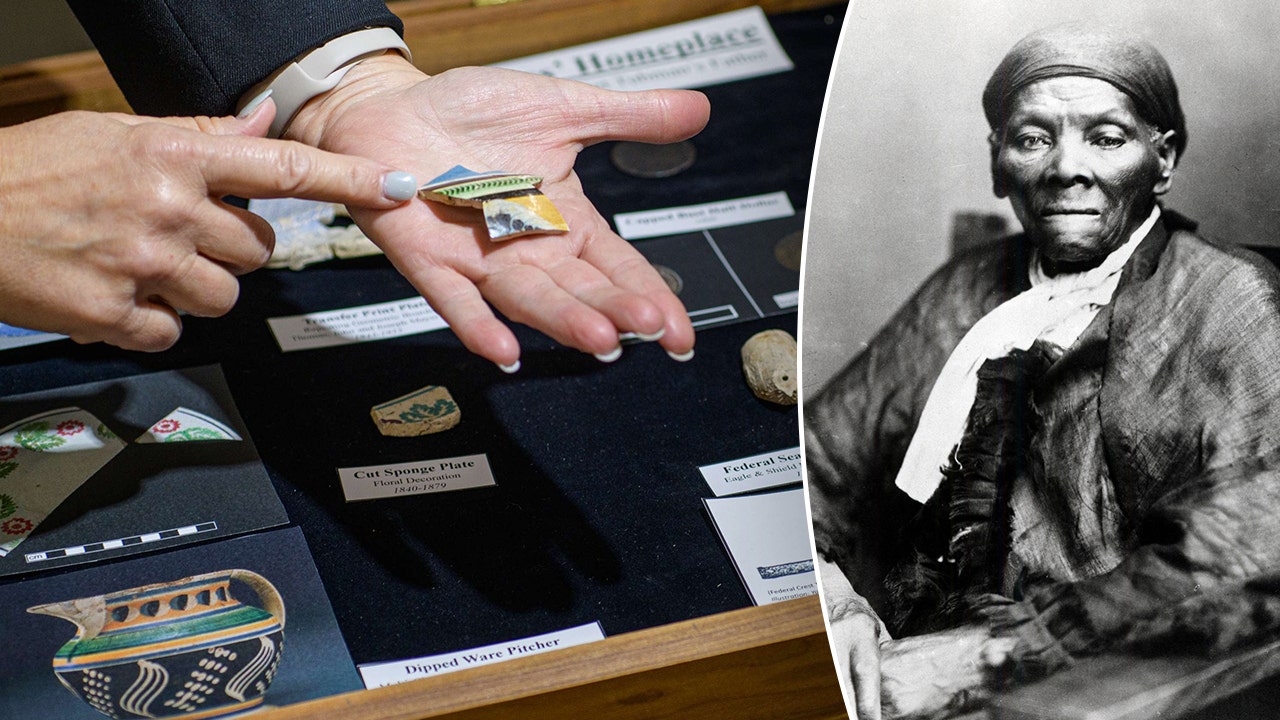Former Lee County Deputy Arrested: An Eye-Opening Incident
In a shocking turn of events, a former Lee County deputy has found himself on the other side of the law, facing charges that reveal a darker side to law enforcement. This incident raises significant questions about accountability, trust, and the underlying issues that can lead individuals in positions of authority to stray from their oath.
The Incident
The arrest of the former deputy sent ripples through the community and beyond. Detailed reports indicate that he was charged with crimes relating to misconduct and unlawful behavior. These kinds of charges not only tarnish the reputation of the individual but also shake the public’s confidence in law enforcement as a whole. Citizens place their trust in officers to uphold the law and protect the community, and seeing a representative of that authority fall from grace is disheartening.
Emotional Ramifications
This situation elicits an array of emotions. For those who counted on the deputy for safety and guidance, there’s a profound sense of betrayal. How does one reconcile the belief that a trusted officer could engage in criminal activities? Moments like these challenge the very fabric of trust that holds communities together. The apprehension felt by residents who thought they were safe is palpable. Conversations in homes and workplaces likely shifted from everyday musings about local events to concerns about integrity and safety.
Understanding the Gravity of the Charges
Charges against former officers often provide an insight into systemic failures that might exist within law enforcement agencies. While the actual crimes committed are indeed serious, each incident typically serves as a reflection of larger issues within the policing system, such as lack of oversight, insufficient mental health support, or even a culture that can sometimes turn a blind eye to inappropriate actions. This particular case leads us to ponder: how can systems be improved to prevent such incidents from occurring in the future?
The Role of Accountability
Accountability in law enforcement is a pressing topic. The public demands transparency and justice when officers misuse their power. If those sworn to serve and protect can breach that covenant without facing dire repercussions, it sends a troubling message: that the law may not apply equally to everyone. Communities require solid assurance that their leaders act within the law, and that any transgressions will be met with swift, appropriate penalties.
Reflecting on Trust and Community
In the wake of this arrest, trust becomes a fragile concept. The relationship between law enforcement and the public is built on mutual respect and demarcated by shared values. Incidents like this can spread fear, mistrust, and resentment, undermining years of community-police relations. It’s a stark reminder that, despite the heroism and bravery displayed by many officers, one individual’s misdeeds can overshadow the positive contributions of countless good officers.
Paths to Rebuilding Trust
Rebuilding trust requires a concerted effort from all involved. Community outreach programs, increased transparency in operations, and mental health resources can all contribute to restoring faith in law enforcement. It’s also essential to engage in difficult conversations about expectations, responsibilities, and the inherent challenges of policing.
Moving Forward Together
While the arrest of the former Lee County deputy serves as a sobering reminder of the complexities surrounding law and order, it also presents an opportunity for reflection and improvement. Communities can come together to discuss shared values and visions for a safer future. Encouraging dialogue between police departments and citizens can create bridges that span the chasms created by mistrust.
The emotional impact of this incident will be felt for some time, but through collaboration, accountability, and open communication, it’s possible to forge a path toward healing and resilience. Together, communities and law enforcement can work to ensure that such incidents become anomalies rather than standards, fostering environments where trust thrives, rather than dwindles.





































